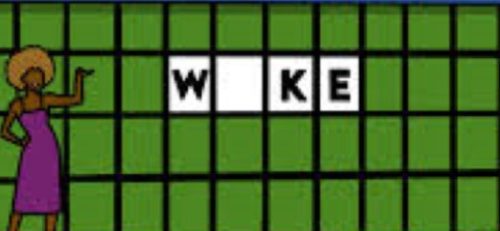This is a cross post by Matthew Harris, from And Another Thing
What was that wonderful line of Harold Wilson’s? He arrived to speak at a Labour Party Conference, took the stage to rapturous applause, and said: “Thank you, my friends, for what the BBC will doubtless call a reserved and unfriendly welcome,” or words to that effect. As I never tire of saying, I am a huge supporter of the BBC and its independence. That said, I was still amused and bemused to read the BBC headline “Israel PM Benjamin Netanyahu defiant on 1967 borders”, given that Mr Netanyahu’s words on borders were one line – yes, one line – out of a lengthy speech. “Israel PM Benjamin Netanyahu calls peace a vital interest” would have been an equally accurate, equally inaccurate headline. And who says that he was being ‘defiant’? What, in this context, does ‘defiant’ actually mean?
As always with these things, I urge people to read or watch the whole speech, if they wish to have an informed opinion on what Mr Netanyahu actually said. Interesting to see also that he was heckled. I’m not a huge fan of political heckling. If everybody shouts, how can anybody hear? It’s surely possible to have a vigorous debate on Israel/Palestine that involves one person speaking at a time. How can one hear if one doesn’t sometimes listen? I was also particularly struck by the following passage from the speech:
Events in the region are opening people’s eyes to a simple truth: The problems of the region are not rooted in Israel. The remarkable scenes we’re witnessing in town squares across the Middle East and North Africa are occurring for a simple reason: People want freedom. They want progress. They want a better life.
For many of the peoples of the region, the 20th century skipped them by. And now 21st century technology is telling them what they missed out on. You remember that desperate food vendor inTunis? Why did he set himself on fire? Not because of Israel. He set himself on fire because of decades of indignity, decades of intolerable corruption.
And the millions who poured into the streets of Tehran, Tunis,Cairo, Sanaa, Benghazi, Damascus, they’re not thinking aboutIsrael. They’re thinking of freedom. They’re yearning for opportunity. They’re yearning for hope for themselves and for their children. So it’s time to stop blaming Israel for all the region’s problems.
Let me stress one thing. Peace between Israelis and Palestinians is a vital interest for us. It would be the realization of a powerful and eternal dream. But it is not a panacea for the endemic problems of the Middle East. It will not give women in some Arab countries the right to drive a car. It will not prevent churches from being bombed. It will not keep journalists out of jail.
What will change this? One word: Democracy – real, genuine democracy. And by democracy, I don’t just mean elections. I mean freedom of speech, freedom of press, freedom of assembly, the rights for women, for gays, for minorities, for everyone. What the people of Israel want is for the people of the Middle East to have what you have in America, what we have in Israel – democracy.
On that point, I think he is right. A glance at the headlines from the Middle East is a reminder of the range of issues facing the whole region, most of which have nothing to do with Israel. Listen, he’s a conservative and I’m a liberal, so I doubt I’d necessarily vote for him if I was an Israeli citizen (and I supremely doubt that he’d have voted for me in Hendon if he was a British citizen, so we’re even). But Israel only has one Prime Minister, and he’s it, so one might as well listen to him if one’s interested in the possibility of anything being achieved, especially as all eyes now turn to his speech later today to Congress.
Whatever Israel’s friends variously think of President Obama and his relations with Mr Netanyahu, had you noticed that Palestinian President Abbas has declared himself “deeply disappointed with Obama”? The world’s reporting that Obama’s made this enormously important policy shift on the Middle East peace process, and President Abbas is “deeply disappointed”…If he is the best the Palestinians can do, then it is hard to feel very inspired. Fortunately, President Abbas is not the best that the Palestinians can do; the best that the Palestinians can do is Prime Minister Salam Fayyad, who is responsible for so much of the progress that the Palestinians have made in the West Bank in recent years. It is therefore dreadful news that he has had a heart attack and it has to be hoped that he makes a full recovery.


